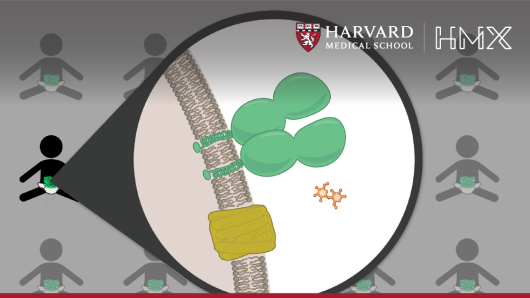Course description
The bane of sickness-and the quest for a cure-have been recurring features of the human experience across millennia. As the world continues to grapple with a global pandemic, this course considers the diverse reception of contagious disease in the cultures of ancient Greece and Rome. We explore a range of literary and historical sources to better understand the characteristics of plague and pandemic in classical antiquity, surveying the major outbreaks represented by the fifth-century BCE Athenian plague and the second-century CE Antonine plague, as well as discrete manifestations of disease in poetic treatments spanning the work of Sophocles, Lucretius, Virgil, and Ovid. Throughout the term, we have frequent recourse to the same questions arising from the experience of the past several years: how do individuals respond to the sudden prospect of contagion and illness? Which measures do they find most effective for safeguarding health, and to what lengths will they go in securing them? How do societies contend with pandemic disease and accompanying mass panic? Can democratic norms be maintained in the face of the existential fear engendered by plague? Students are invited to think creatively in assessing points of evolution and continuity in the persistent reality of illness. For complete and current details about this Harvard Extension course, see the description in the DCE Course Search.





